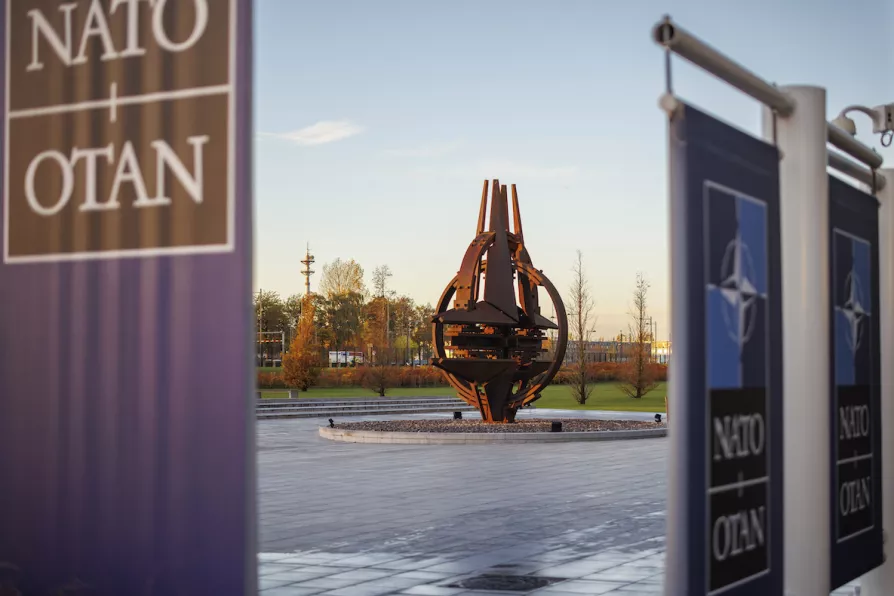The Mandelson scandal reveals a political settlement in which democratic choice is curtailed and the power of markets eclipses the will of voters – only the left can challenge this, writes JON TRICKETT MP

 POISED FOR CONFLICT: The Nato headquarters in Brussels
POISED FOR CONFLICT: The Nato headquarters in Brussels
THE news on Tuesday that a Russian missile had killed two people in a Polish village on the border with Ukraine was greeted with trepidation by many.
The implications were clear: Poland is in Nato, therefore any military attack upon the country meant that Article 5 of the Nato charter could be invoked. It deems an attack on one member state is an attack on them all and requires fellow members to come to the country’s aid. This would increase the chances of an already bloody war escalating beyond the borders of Ukraine.
By Wednesday it was clear that the missile was of Russian make but was fired by Ukraine, not Russia. Even before this was announced, the world leaders gathered at the G20 summit in Indonesia were beginning to admit that this was not a deliberate attack and that the missile might be from Ukraine. That was not before several mainstream and social media assertions, including one from the Polish media, suggesting there had been two missile strikes on Poland. Obviously such an assertion would diminish the chance of this being an accident.

MARK HAZELDEN criticises the Western narrative that the incident was an escalation of Russia’s confrontation with the West, given that Belarus, a Russian ally, warned Poland of off-course drones, and the drones were unarmed, cheap wooden decoys













